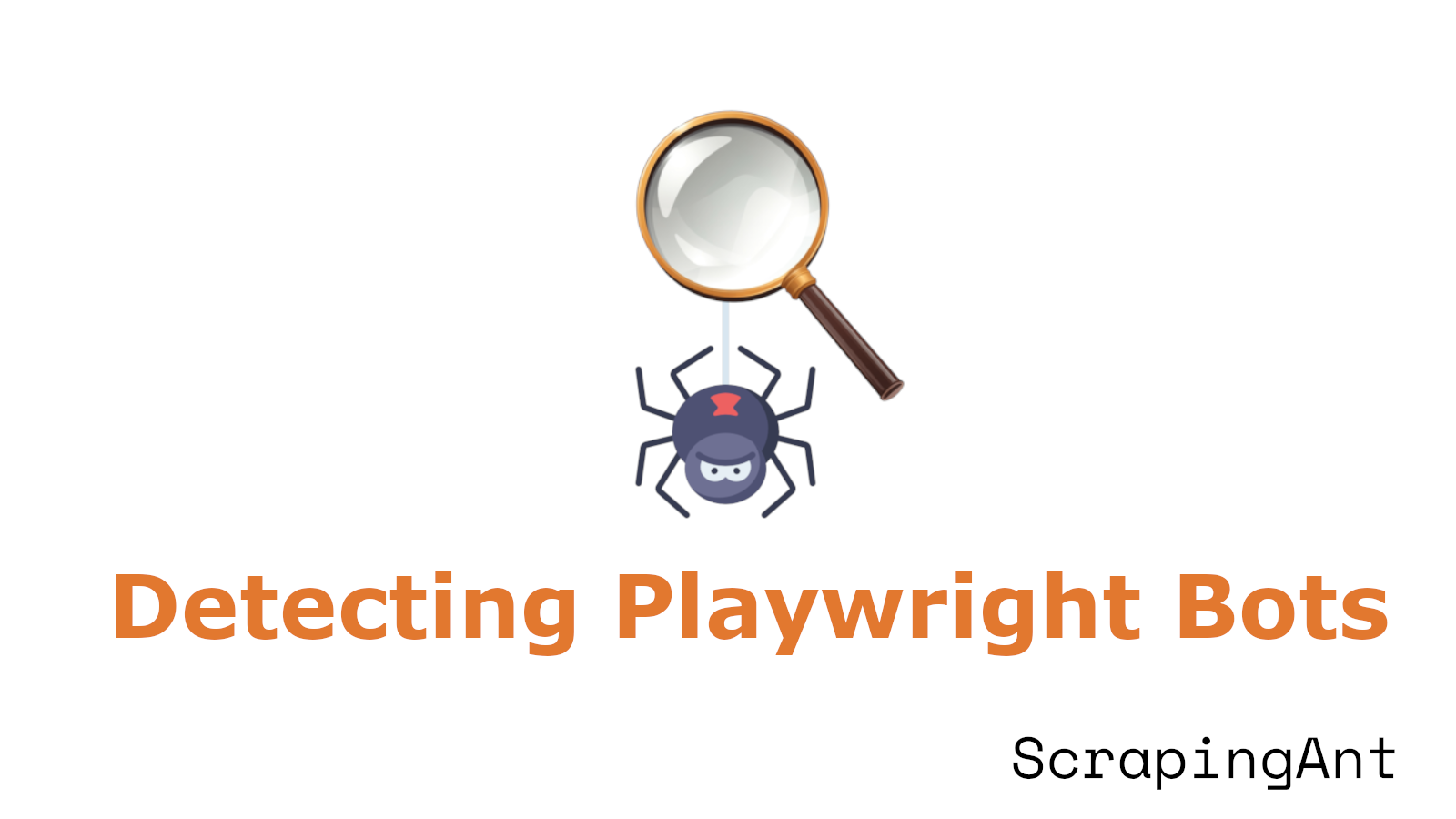
In the rapidly evolving landscape of web and API testing, Playwright has established itself as a formidable tool for developers seeking robust and reliable testing solutions.
At the heart of mastering Playwright lies the concept of its "vanilla" state, which refers to the default configuration settings that are automatically applied when a new Playwright project is initialized. Understanding this vanilla state is crucial for developers as it provides a foundational setup that ensures consistency and scalability across different testing scenarios.
The default configuration includes essential elements such as browser launch options, test runner setup, and predefined environment variables, all of which contribute to a streamlined testing process. However, as with any automated tool, the use of Playwright in its vanilla state can be subject to detection by sophisticated anti-bot measures employed by websites.
Techniques such as browser fingerprinting, network traffic analysis, and JavaScript execution monitoring are commonly used to identify automated browsing activities. To counteract these detection methods, developers can employ various strategies to enhance the stealthiness of their Playwright scripts, including the use of custom user-agent strings, proxy servers, and stealth plugins.
This research delves into the intricacies of detecting and mitigating the vanilla state of Playwright, providing insights into best practices and advanced techniques to optimize its use in web and API testing.